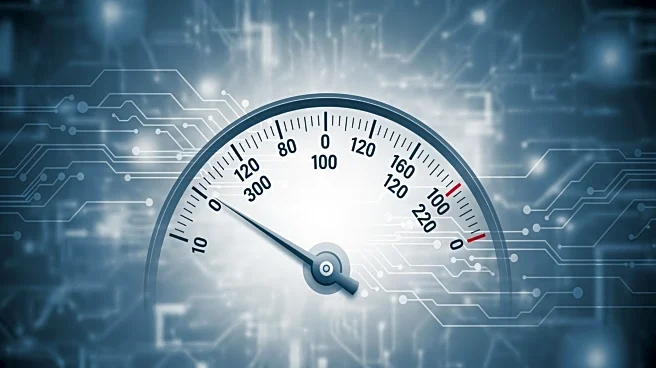Rapid Read • 7 min read
President Trump has expressed optimism about the European Union's $750 billion energy pledge, which he believes will boost the U.S. economy. The EU has committed to purchasing U.S. energy products, including liquefied natural gas, oil, and nuclear energy, over the next three years. However, analysts question the feasibility of this pledge, citing market realities and logistical challenges. The agreement follows the U.S. setting a tariff ceiling of 15% for most EU goods, a reduction from the previously threatened 30% rate. Despite Trump's positive outlook, experts argue that the EU's investment and energy purchase targets may not be achievable, given current market dynamics and supply constraints.
AD
The EU's energy pledge is crucial for U.S. trade relations and economic growth, potentially increasing U.S. energy exports and reducing reliance on Russian energy in the EU market. However, skepticism about the pledge's feasibility raises concerns about its impact on transatlantic trade and energy security. If the EU fails to meet its commitments, it could lead to increased tariffs and strained relations. The situation underscores the importance of realistic trade agreements and the challenges of aligning political declarations with market conditions.
The EU's energy pledge highlights broader geopolitical dynamics, including the shift away from Russian energy and the strategic importance of U.S.-EU trade relations. It also reflects the complexities of negotiating large-scale energy deals and the influence of market forces on political agreements. The pledge's success or failure could have long-term implications for global energy markets and U.S. economic policy.
AD
More Stories You Might Enjoy











